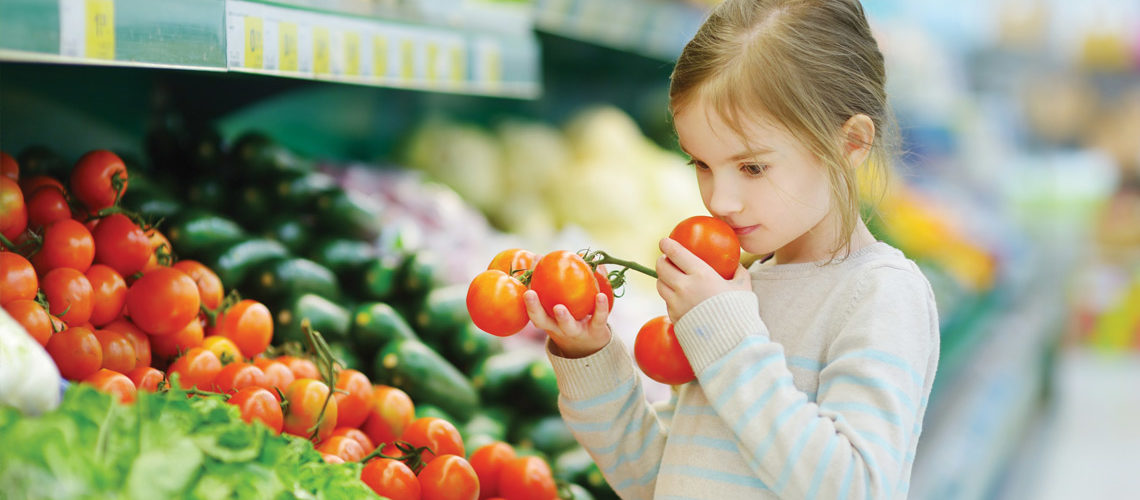
Consumers International is the membership organisation for consumer groups around the world and works with more than 200 members and partners in over 100 countries. We empower and champion the rights of consumers, and ensure they are treated safely, fairly and honestly. Head office based in London, United Kingdom.


Supporting consumer rights
The consumer movement has grown from a pioneering group of founding members in 1960 to an incredibly diverse and powerful global network in 2021. We are the voice of our members and partners in international policy-making forums and the global marketplace to ensure they are treated safely, fairly and honestly.
Consumers International continues to build a powerful international movement to help protect and empower consumers everywhere.
Our members’ primary objective is to protect and promote the eight principles related to consumer rights endorsed by the United Nations. The realisation of these rights, which encompass all lifestyle aspects, are intrinsically linked to enabling sustainable consumption. These rights are:
- Satisfaction of basic needs: access to essential goods and services, such as food, shelter, water, education, healthcare and public utilities.
- Safety: to be protected against hazardous products, production processes and services.
- Being informed: to be able to make an informed choice and be protected against dishonest or misleading advertising and labelling.
- Choice: to have a choice between a range of products and services at competitive prices for satisfactory quality.
- Being heard: to have consumer interests represented in the making and execution of government policy and in the development of products and services.
- Redress: to receive a fair settlement of just claims.
- Consumer education: to acquire the knowledge and skills needed to make informed choices, while being aware of basic consumer rights and responsibilities.
- A healthy environment: to live and work in an environment that is non-threatening to the wellbeing of present and future generations.
Central to sustainable consumption lies the principal of ‘doing more with less’, however this must also sit alongside supporting and championing the rights of vulnerable consumers to access quality goods and services that enable a high quality of life.
Any transition to sustainable consumption must therefore also focus on creating a ‘just transition’ that offers safe, high-quality and sustainably produced products, along with enabling and motivating people to consume sustainably.
Consumers are clearly key to a sustainability transition in that they play a central role in the marketplace and can influence marketplace transformation. They should not, however, bear the sole burden of responsibility for the transition.
The role of consumers
We are all consumers, every day, everywhere. We place our trust regarding the safety, ethical production and sustainability of goods and services in the hands of companies and governments. And when things go wrong, we pay the price.
Sometimes that price is something small, sometimes the price can be our health, our rights, our lives. Too often consumers are left at a disadvantage with the companies and governments they encounter, leaving them exposed to unsafe, unfair, or unethical practice.
The current approach to sustainable consumption assumes that given enough facts, people will make sustainable choices.
The reality is that consumers can be faced with unclear, misleading and confusing information, making sustainable consumption a difficult choice. This approach also neglects the deep inequalities in how and why people access certain markets.
There are also power dynamics at play in that consumers, alone, often do not have the power to influence corporations and the governments that regulate them towards more sustainable production, distribution, marketing and retail value chains.
Unlocking consumer agency
We believe that understanding and unlocking consumers’ ability to influence the system will help to deliver faster and more meaningful change. However, global collaborative efforts are needed to ensure the consumer-rights lens is applied throughout all decision-making processes.
Consumers International is a co-lead of the United Nations Environment Programme’s Consumer Information Programme for Sustainable Consumption and Production, one of six programmes under its One Planet Network and the implementation arm for SDG 12. This programme supports the provision of quality information on goods and services, and works with many global actors including civil society, businesses and government towards creating a global shift to sustainable consumption and production.
We focus our efforts on sectors in which consumers are end-users (such as water, energy, packaging and food) and where consumer organisations can highlight the real-life experiences of consumers. These realities must be recognised at an international level as we continue to advocate for policies and regulations that enhance accountability and oversight of these sectors.
It is essential that policymakers, financers and businesses not only support and mobilise consumers, but that they also take the necessary pragmatic steps to transforming supply chains and production models.
What do consumers need?
Consumers need both access to information and to the spaces where decisions are made that impact on their choices of products and services.
They need the social infrastructure provided by governments alongside public-private partnerships to enable the conditions for sustainable consumption.

Labelling must be honest, transparent and easy to understand to facilitate sustainable consumption. Source: Shutterstock
This includes access to affordable and safe low-carbon public transport, household heating and cooling from renewable electricity sources and labelling that clearly communicates the climate impact of goods and services.
We focus, through our global network, on making sure that producers, retailers and policymakers put consumers at the centre when making products safe, durable and resource-efficient, and that they supply clear information to enable consumers to make informed, safe and sustainable choices.
There have been inspiring collaborative wins and moments of impact over the past 60 years from having the United Nations adopt guidelines on consumer protection in 1985 (updated in 1999 and 2015) to having the G20 develop international principles on financial consumer protection.
In response to the COVID-19 pandemic, the consumer advocacy movement called for a focus on the protection and empowerment of individuals in the marketplace based on consumer rights, and for coordinated strategies across nations and intergovernmental bodies to build fair, safe, resilient and sustainable economies through consumer protection.


